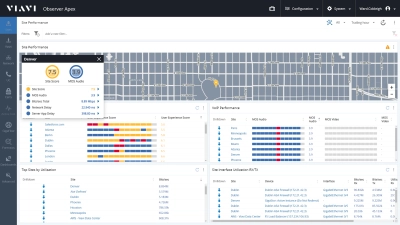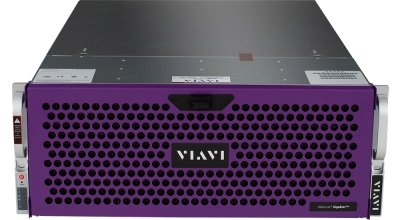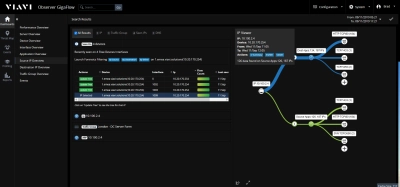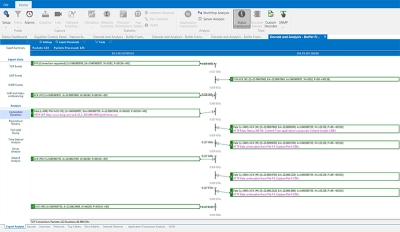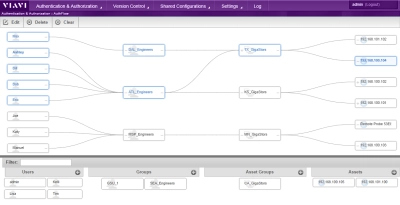Plataforma Observer
A plataforma Observer é uma solução abrangente de monitoramento e diagnóstico de desempenho de rede (NPMD), ideal para manter o máximo desempenho de todos os serviços de TI.
Projetada como uma oferta integrada, a plataforma Observer oferece visibilidade dos indicadores-chave de desempenho (KPI) críticos por meio de fluxos de trabalho predefinidos, desde painéis de alto nível até a causa-raiz da anomalia no serviço. Ideal para satisfazer objetivos de negócios e superar desafios em todo o ciclo de vida das empresas de TI, seja na implantação de novas tecnologias, gerenciando os atuais recursos, resolvendo as anomalias de serviços ou otimizando o uso de ativos de TI.
Productos
-

Observer Apex
Gain Comprehensive Cloud-to-On-Premises Service Visibility with End-User Experience Scoring
-

Observer GigaStor
Enable end-user experience scoring with the best packet capture, analysis, and storage solution in the industry -...
-

Observer GigaFlow
More than just flow; user, machine, network and, application data – in a single enriched record
-

Observer Analyzer
Observer Analyzer monitors unified communications (UC) deployments, network security performance, applications, and...
-

Observer Management Server (OMS)
The Observer Management Server (OMS) features simple navigation to easily control user access and password data,...
-

Observer GigaStor M
An optimized end-user experience enabling solution offering flexible deployment options for your network...
Assistência em cada passo
Oferecemos assistência, serviços, treinamento completo e os recursos de que você precisar. Isso tudo faz parte do que fazemos para maximizar o valor de seu investimento VIAVI.
Pergunte a um especialista
Fale conosco para obter mais informações ou receber uma cotação. Temos especialistas que lhe darão a resposta certa para qualquer pergunta.

